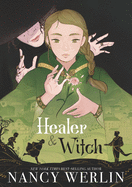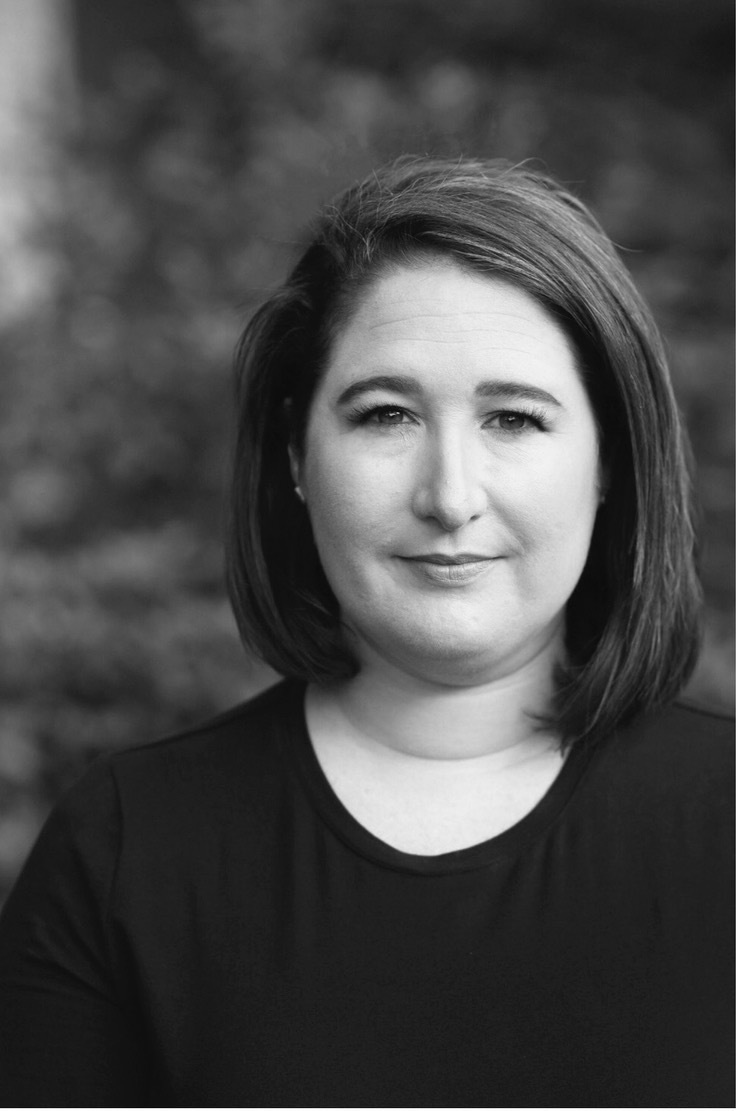 |
| photo: Bess Gariso |
Kristen Bird lives near Houston with her husband, three daughters and two rescue labs. She teaches high school English, writes in local coffee shops, and bakes ugly cakes that taste great. Her debut novel is The Night She Went Missing (Mira, February 8, 2022), in which three friends-to-frenemies mothers in a close-knit, wealthy Texas community decide to find answers where the police have none after a high school senior is found floating in the harbor.
Handsell readers your book in 25 words or less:
Ten weeks after 18-year-old Emily disappeared, fishermen find her floating in the Galveston harbor, alive but unconscious. Three mothers must find out what happened.
On your nightstand now:
I'm listening to the audiobook of Kathleen A. Flynn's The Jane Austen Project, a novel about time travelers who meet Jane Austen and her family in an attempt to save one of her never-read novels. The author does an incredible job recreating Austen's world.
I'm also reading You Can Never Tell by Sarah Warburton, a thriller set in a fictitious version of my very own neighborhood in Sugar Land about a woman whose closest friend ends up being more sinister than she would've ever imagined.
Favorite book when you were a child:
As a toddler, the book I asked my parents to reread again and again was I Am a Bunny by Ole Risom (illustrated by Richard Scarry). When I read my thick copy of Little Women by Louisa May Alcott in sixth grade, I was so proud, thinking I'd arrived into a whole new world of reading lengthy novels. As a teenager, I was captivated by Catherine Marshall's Christy, most likely because it was set in the Appalachian mountains near where I grew up. Though decades removed from my childhood, the traditions and dialect felt like what I saw and heard my grandparents do and say every day.
Your top five authors:
As a literature teacher, I love learning from other authors' techniques. A few years ago, I outlined one of Liane Moriarty's books as a personal mini-master's class in story structure. Lisa Jewell is an excellent study in multi-POV, and Ruth Ware builds eerie and captivating settings (the poison garden in The Turn of the Key!). Kate Morton seamlessly weaves multi-generational stories into timeless tales, and Adriana Trigiani's novels explore family dynamics, especially those of sisters, in a way that I devour.
Book you've faked reading:
Samuel Richardson's Pamela. I was teaching high school and working on my master's degree, and I just couldn't read any more of this sexist epistolary novel, but I was so embarrassed during a seminar discussion when I made a point that completely left out a new character from the last hundred pages or so.
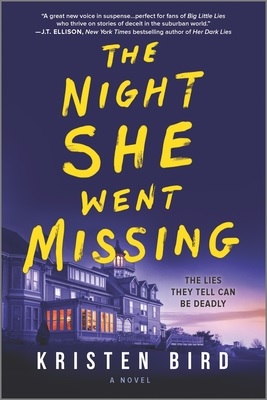 Book you're an evangelist for:
Book you're an evangelist for:
Barbara Kingsolver's The Poisonwood Bible. I admire and envy the way Kingsolver distinguishes each voice in this novel about a misguided missionary family traveling to the Congo.
Book you've bought for the cover:
Life After Life by Kate Atkinson. The mirrored roses on the cover drew me in, and the first few chapters that end in the recurring death of the main character kept me turning pages and asking myself, "How does Atkinson do that?"
Book you hid from your parents:
I had too much Southern Baptist guilt to hide anything from my parents. I remember shyly telling my mom that the word 'sexy' was in one of Francine Pascal's Sweet Valley High books. It's funny now because my mom and I pass all kinds of books back and forth to each other, insisting, "You must read this!"
Book that changed your life:
I wrote my first "practice" novel in grad school as my creative writing thesis, but after I started teaching full time and had my daughters, I didn't write much for almost six years. Shortly after the birth of my twins, I read Colm Tóibín's Brooklyn and Helene Wecker's The Golem and the Jinni, and these two books inspired me to start writing again. It took years of short writing stints to finish a historical fiction novel set in New York City--a book that may never see the light of day--but just the steady act of writing developed my love for the process again. By the time my twins were six and my oldest daughter was nine, I was ready to write The Night She Went Missing.
Favorite line from a book:
"Now that I'm dead I know everything." This is the opening line of Margaret Atwood's The Penelopiad. Penelope is speaking from the Underworld, giving us her version of the events in Homer's The Odyssey. Flipping the traditional tale on its head invites great conversations with my students and reminds me to try to see the world through a variety of lenses.
Five books you'll never part with:
Brit Bennett's The Vanishing Half
Madeline Miller's Circe
Blake Crouch's Dark Matter
Erin Morgenstern's The Night Circus
Kate Bowler's Everything Happens for a Reason: And Other Lies I've Loved
Book you most want to read again for the first time:
Himself by Jess Kidd. After I read that book, I thought, I've never read anything like this. I marvel at her command of language, her voice, and her story-telling.
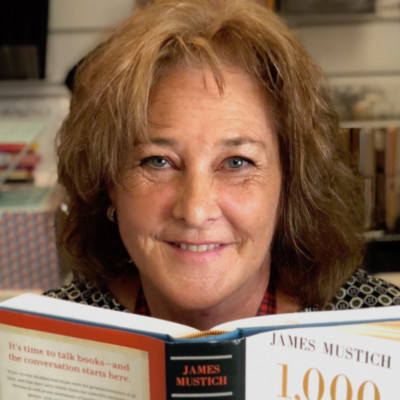 "We believe a diverse selection of books is crucial to a bookstore's role. Our store has a solid commitment to diversity, equity, and inclusion that we demonstrate in various ways by ensuring representation in our inventory and equity in our business practices. At the same time, we may carry some titles that offend some people or seem to some people to be counter to that commitment. We believe a diverse selection of books is crucial to a bookstore's role of sharing ideas to bring people together, helping individuals see themselves in the stories of others, enhancing empathy and understanding of differences, and providing diverse viewpoints to broaden our perspectives. We believe our role is to make books available, and we trust that you will make your own decisions about which of these books you choose to read."
"We believe a diverse selection of books is crucial to a bookstore's role. Our store has a solid commitment to diversity, equity, and inclusion that we demonstrate in various ways by ensuring representation in our inventory and equity in our business practices. At the same time, we may carry some titles that offend some people or seem to some people to be counter to that commitment. We believe a diverse selection of books is crucial to a bookstore's role of sharing ideas to bring people together, helping individuals see themselves in the stories of others, enhancing empathy and understanding of differences, and providing diverse viewpoints to broaden our perspectives. We believe our role is to make books available, and we trust that you will make your own decisions about which of these books you choose to read."









 Private equity firm Veritas Capital is buying educational publisher Houghton Mifflin Harcourt for $2.8 billion in cash, HMH
Private equity firm Veritas Capital is buying educational publisher Houghton Mifflin Harcourt for $2.8 billion in cash, HMH 
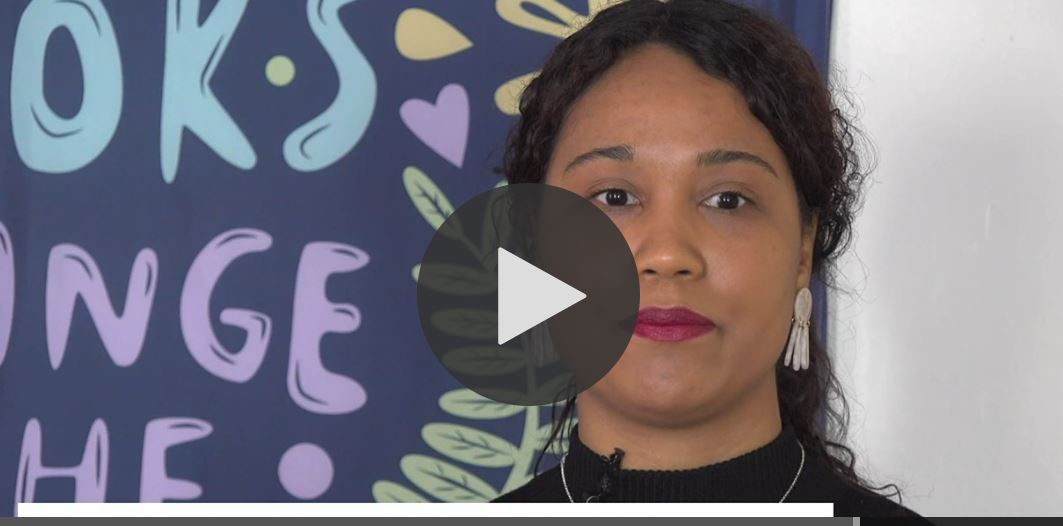
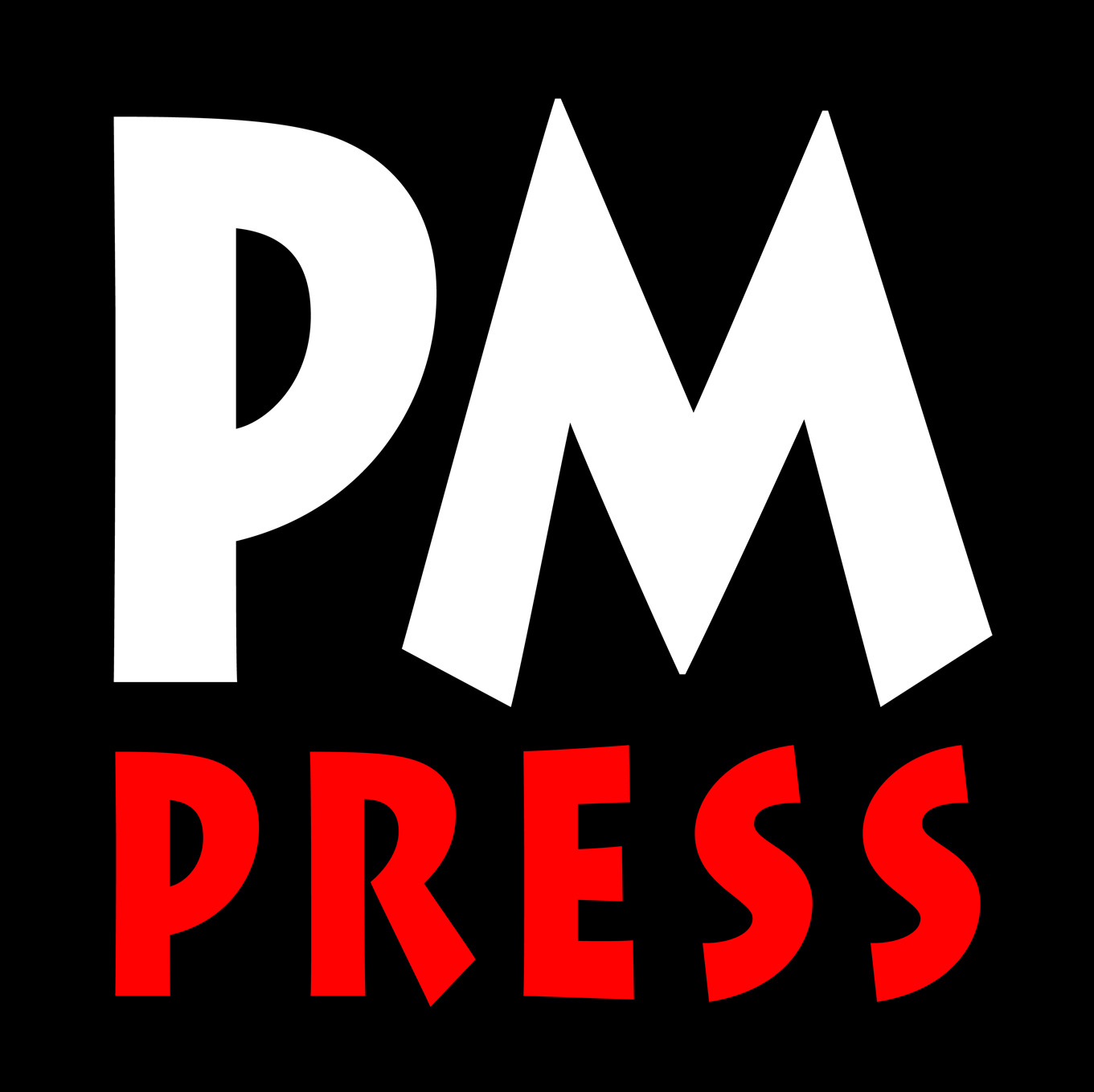
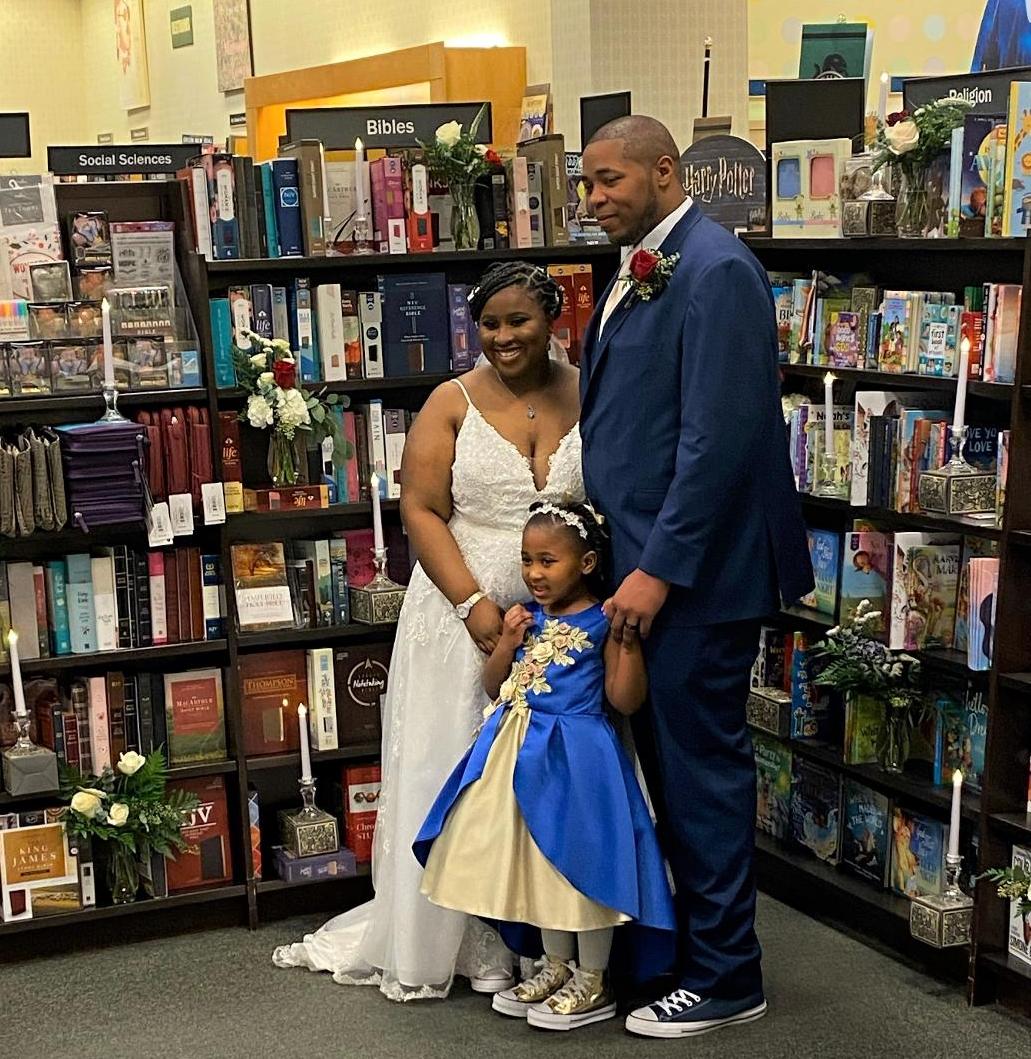 The Barnes & Noble in Lehigh Valley Mall, Whitehall, Pa., served as the venue for Vashanna Fraser and Charles Johnson's wedding this past weekend. The event was Beauty and the Beast-themed, and included the couple's five-year-old daughter, Aria. (Photo: Alicia Gathers)
The Barnes & Noble in Lehigh Valley Mall, Whitehall, Pa., served as the venue for Vashanna Fraser and Charles Johnson's wedding this past weekend. The event was Beauty and the Beast-themed, and included the couple's five-year-old daughter, Aria. (Photo: Alicia Gathers)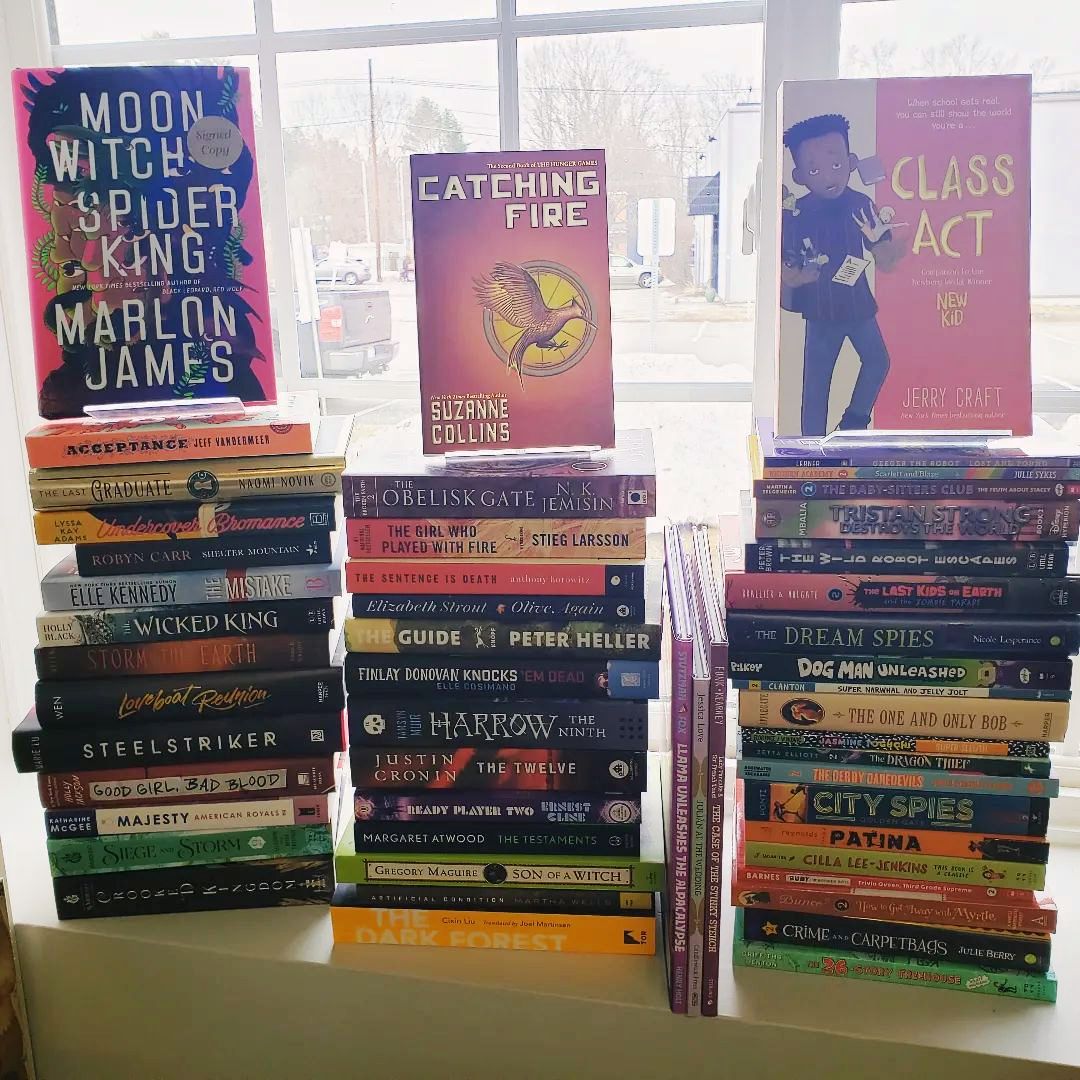
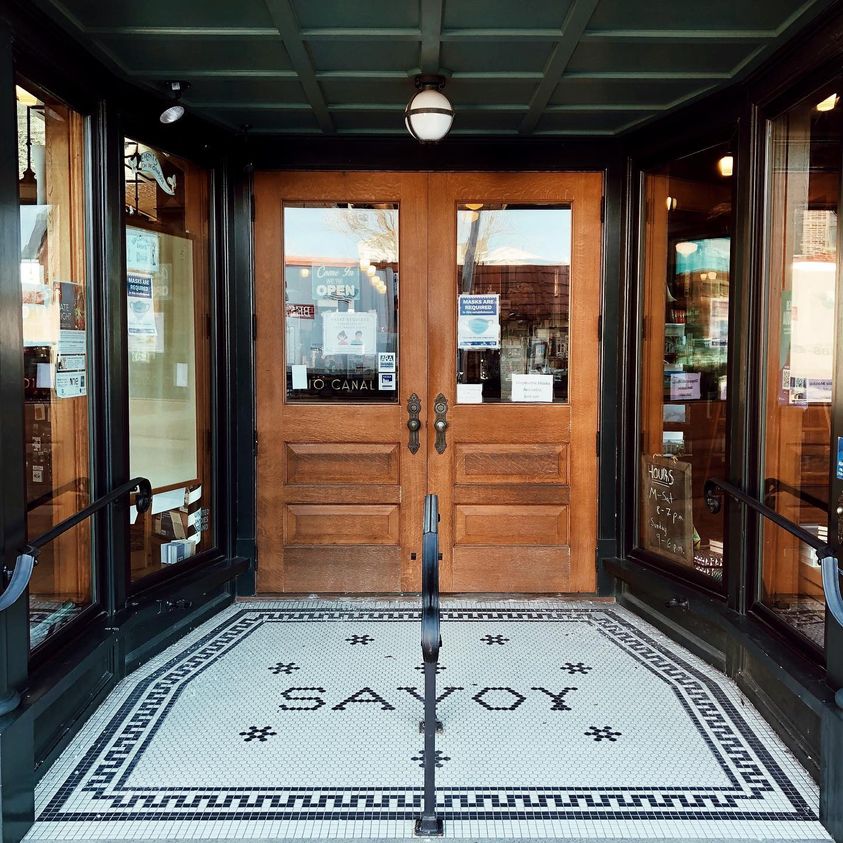 "We
"We 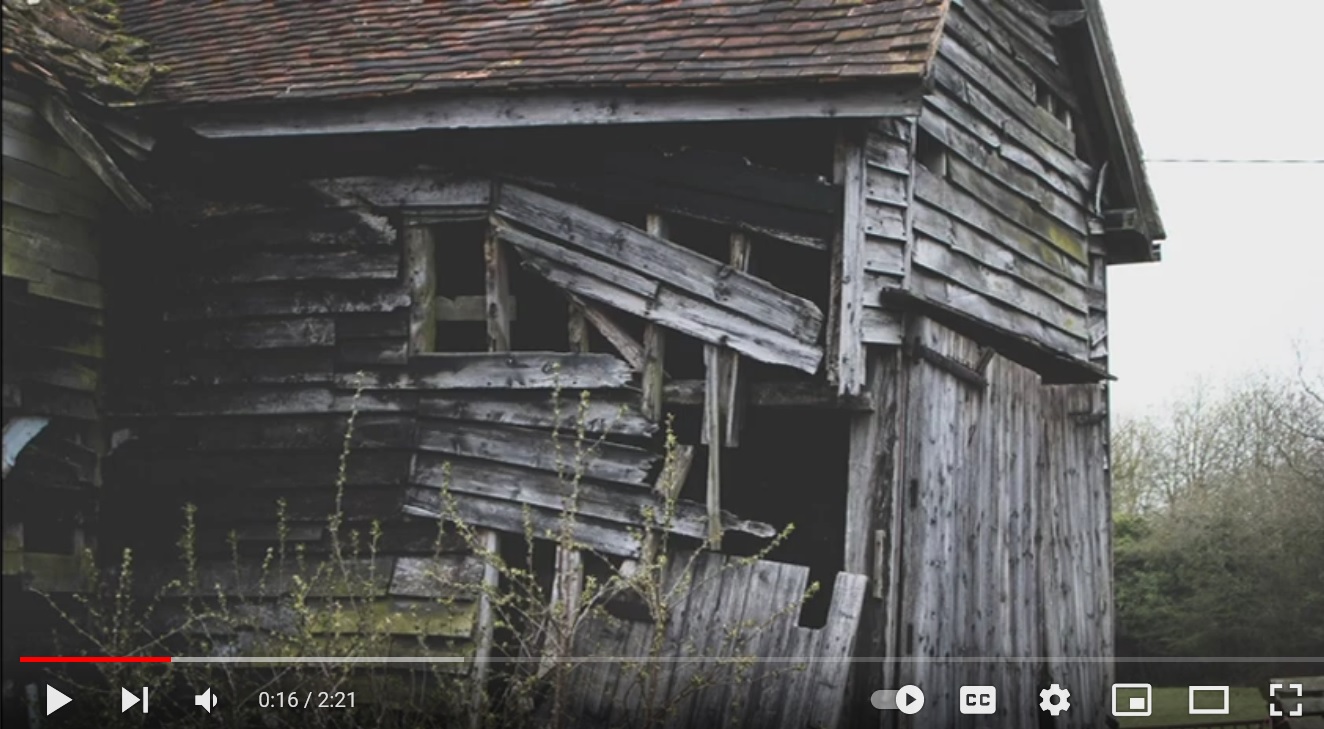 Headless John the Baptist Hitchhiking: Poems
Headless John the Baptist Hitchhiking: Poems
 Book you're an evangelist for:
Book you're an evangelist for: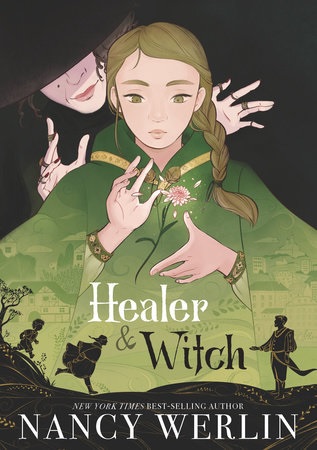 YA author Nancy Werlin's middle-grade debut is an unhurried and subtle bildungsroman that features a young woman trying to understand her magical powers in medieval France. Healer and Witch gracefully explores themes of identity, family and belonging.
YA author Nancy Werlin's middle-grade debut is an unhurried and subtle bildungsroman that features a young woman trying to understand her magical powers in medieval France. Healer and Witch gracefully explores themes of identity, family and belonging.